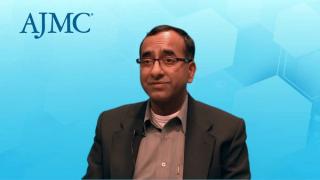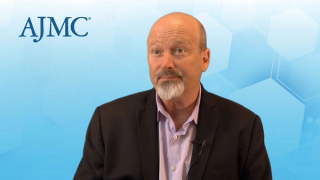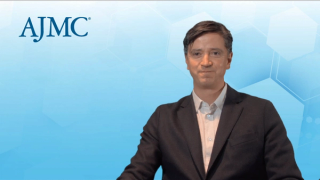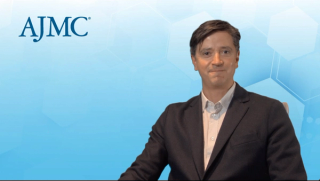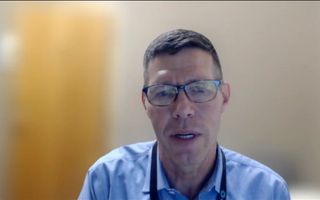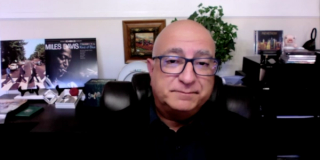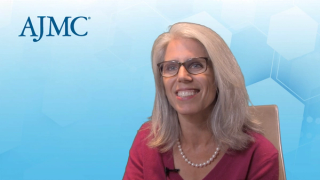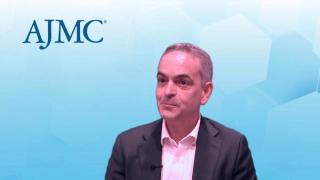
Oncology
Latest News

Latest Videos

CME Content
More News
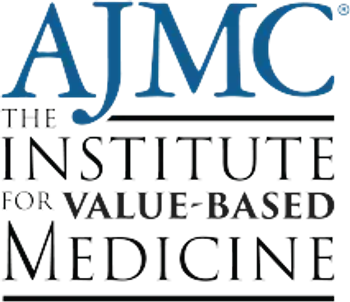
Coverage from the January 18, 2023, Institute for Value-Based Medicine session with Regional Cancer Care Associates held in New Brunswick, New Jersey.
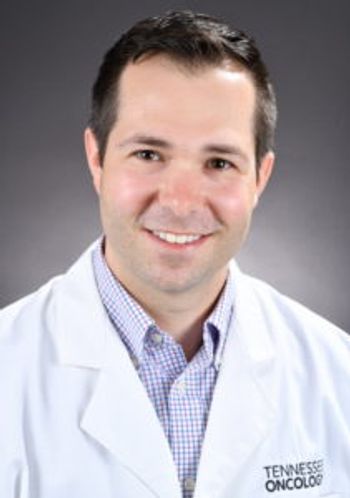
Richard L. Martin III, MD, MPH, medical director for Health Equity and Community Engagement, Tennessee Oncology; president, Tennessee Oncology Practice Society.
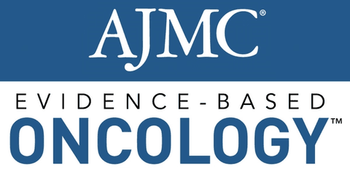
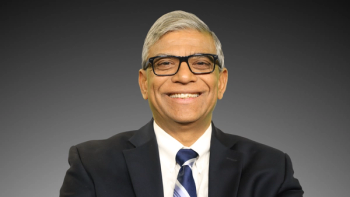


A novel algorithm based on patient-reported outcome questionnaires stratified patients by disease complexity and effectively identified those at a higher risk of having an acute care visit.

The findings emphasize a need for policies that may offset the impact of direct and indirect costs for patients with breast cancer.

Five leading academic cancer centers are assessing the feasibility of implementing the Health Equity Report Card pilot project as a tool that can both meaningfully and feasibly measure and report on equitable care practices.
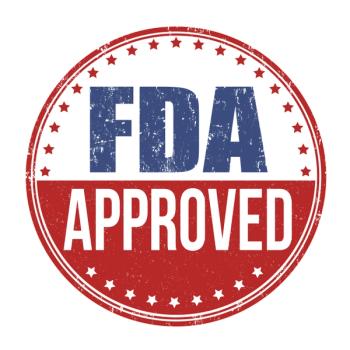
The approval is based on results from the phase 3 TROPiCS-02 trial demonstrating overall and progression survival benefits with sacituzumab govitecan compared with physician’s choice of single-agent chemotherapy.

A review and meta-analysis published in the journal Radiology found MRI to be the most effective supplemental breast cancer screening method for women with dense breasts and negative mammogram results.

Colon carcinoma and acute diverticulitis have similar computed tomography imaging features that can make differential diagnosis difficult for radiologists, but a novel artificial intelligence assistance model was shown to help diagnostic accuracy.

The findings suggest that both high-risk patients and high-risk regions should be considered in clinical and policy strategies to facilitate timely breast cancer care.

Pretreatment interstitial lung abnormalities were associated with worse overall and cause-specific survival in Japanese patients receiving chemoradiotherapy followed by adjuvant durvalumab for locally advanced non–small-cell lung cancer.

A preplanned analysis of the PACIFIC-R confirms findings from the pivotal PACIFIC trial of durvalumab as consolidation therapy in unresectable NSCLC after chemoradiotherapy.

The findings on tumor mutational burden (TMB) may fill a gap in biomarkers for patients who have non–small cell lung cancer (NSCLC).

A recent study found potential significance in PD-L1 analysis results for predicting immune treatment response in patients with advanced endometrial carcinoma.
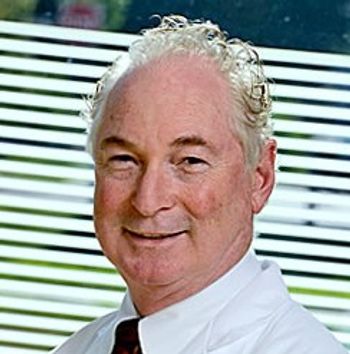
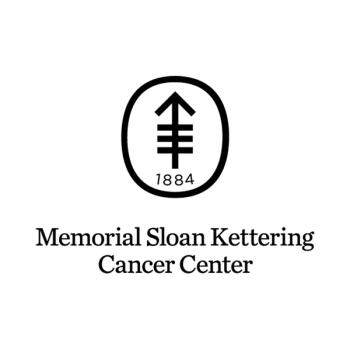
Coverage from the New York City presentation of the Institute for Value-Based Medicine, co-chaired by Emeline Aviki, MD, MBA, of Memorial Sloan Kettering Cancer Center (MSKCC), and Robert Daly, MD, MBA, medical oncologist and lung cancer specialist at MSKCC.

Featured coverage from the 70th Annual Roy A. Bowers Pharmaceutical Conference, held September 19, 2022. The theme for the 2022 conference was Innovation Through Crisis: Redefining Health Care Delivery.
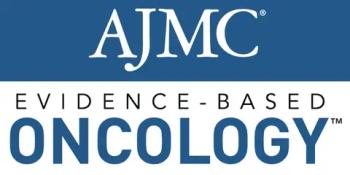
Implications of Telehealth Use on the Future of Oncology Care

The concluding keynote address at the Academy of Managed Care Pharmacy Nexus 2022 meeting discussed new and emerging oncology drugs in the pipeline and their potential impact on the treatment landscape as it pertains to managed care providers.

The sessions align with the yearlong theme selected by this year’s ACCC president, David R. Penberthy, MD, MBA, when he took the helm in March: “Leveraging Technology to Transform Cancer Care Delivery and the Patient Experience.”

Despite the potential incentives for medical oncologists to reduce radiation therapy utilization under the Oncology Care Model, we find no evidence that such reduction occurred.
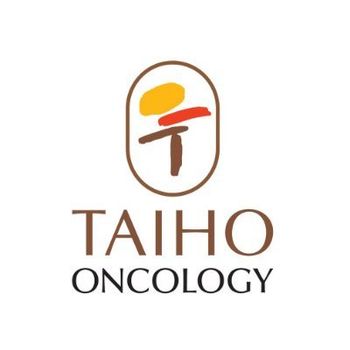
The targeted therapy, to be sold by Taiho Oncology as Lytgobi, had previously received breakthrough status in 2021 and was accepted for priority review in March.

HHS declared a public health emergency in Puerto Rico due to Hurricane Fiona; nearly 1 in 10 Americans suffered from depression in 2020, and a task force recommended doctors screen all adults aged younger than 65 for anxiety; advances in cancer research have led to reduced cancer death rates.


